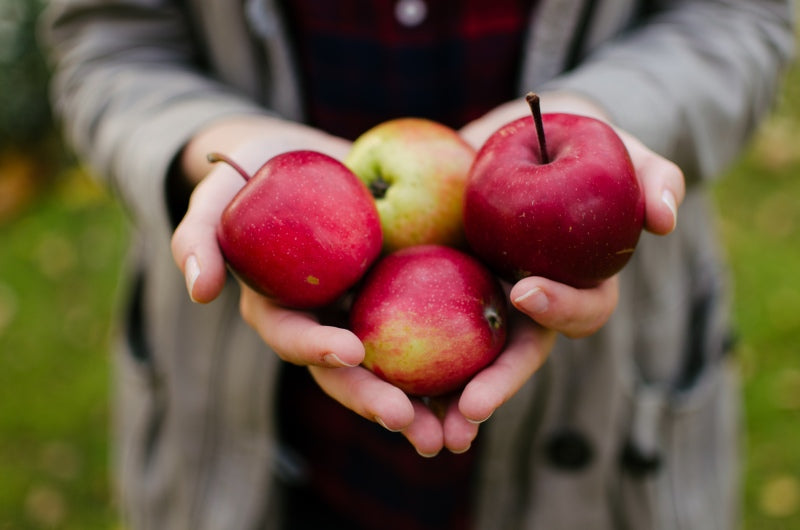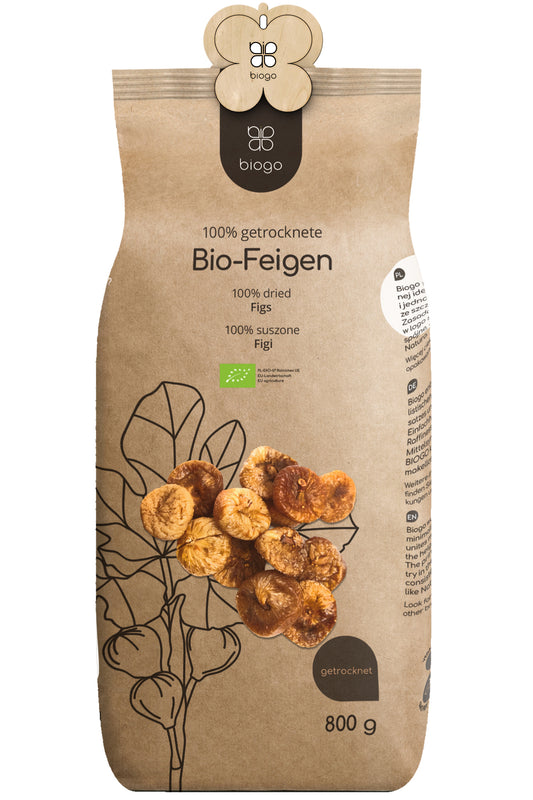Contents:
Seasonality—that is, consuming fruits and vegetables that grow naturally in our environment and geographical area—is the simplest, most ecological, and most economical way to provide the body with essential and valuable nutrients. This also includes supporting local producers and suppliers. When it comes to seasonal fruits and vegetables, we choose products that do not require import from distant parts of the world and the use of preservatives. Seasonal fruits do not have a long shelf life. The time from picking to consumption is relatively short. Such fruits and vegetables do not lose their freshness, and their flavor and aroma are intense. They do not require chemicals to extend their shelf life.
Apple – the most popular fruit
The spring and summer seasons are full of delicious strawberries, raspberries, blueberries, and cherries. However, when winter sets in, the fruit selection is significantly more limited. Winter fruits in season primarily include apples and pears. In this article, we'll look at why you should eat apples. The season runs from July to the end of April. It's one of the most popular fruits grown worldwide. Apparently, eating at least one apple a day can significantly impact our health and well-being.
Apples – properties and nutrients
Apples are low in calories and packed with valuable nutrients, minerals, and pectin (fiber). They are a source of vitamins A, C, E, and K, as well as folic acid, calcium, potassium, phosphorus, zinc, and iron. Eating apples daily has a positive effect on our entire body. Apples support:
- Maintaining adequate cholesterol levels and influencing the proper functioning of the heart,
- Reduce the need for insulin by providing galacturonic acid.
- the function of the digestive system and the digestive process, prevents constipation,
- weight loss process, thanks to the high content of fiber and ursolic acid they accelerate calorie burning,
- Immune system,
- Thanks to their quercetin content, they reduce the risk of diabetic cataracts.
Although we now have constant access to exotic fruits imported from the farthest corners of the world, apples are our national treasure. It's worth reaching for them in winter. When eaten regularly, they support our immunity, regulate the digestive process, and provide valuable nutrients necessary for proper functioning. The most popular winter apple varieties include:
- Gala apples ,
- Gloster,
- golden delicious,
- Kortland.
Apples are best eaten raw, with the skin on, as the skin contains the most vitamins and minerals. It's also a source of anthocyanins, natural pigments that mitigate the effects of free radicals and help slow the aging process. Of course, before eating apples, we mustn't forget to wash them thoroughly. Apples are not only delicious raw, but also an ingredient in countless desserts, jams, and even main dishes.
THE PUBLISHER'S CHOICE
Dried dates 1 kg BIOGO
- €4,21
€4,95- €4,21
- Unit price
- / per
Almonds 1 kg BIOGO
- €11,69
€13,75- €11,69
- Unit price
- / per
Peeled sunflower seeds 1 kg BIOGO
- €3,04
€3,57- €3,04
- Unit price
- / per
Dried organic mango 400 g BIOGO
- €10,99
- €10,99
- Unit price
- / per
Dried White Mulberries 500 g ORGANIC
- €5,84
€6,87- €5,84
- Unit price
- / per
Popcorn (corn kernels) organic 1 kg BIOGO
- €5,84
- €5,84
- Unit price
- / per
Organic Ground Turmeric 500 g BIOGO
- €5,92
- €5,92
- Unit price
- / per
Milk thistle seeds 1 kg BIOGO
- €3,99
- €3,99
- Unit price
- / per
Dried organic figs 800 g BIOGO
- €30,12
- €30,12
- Unit price
- / per
Bag #changezbiogo Cotton v.2
- €3,27
- €3,27
- Unit price
- / per






































































































































